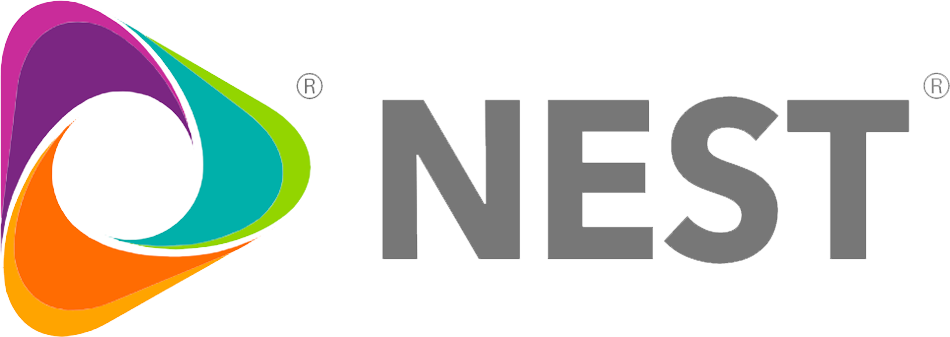“If you don’t invest in risk management, it doesn’t matter what business you’re in, it’s a risky business.” 一 Gary Cohn, American business magnate
Business risk, broadly defined, is any threat to a company’s capital and earnings. Hazards can come from internal sources such as poor employee morale, or external sources such as the rollout of new government regulation, for example. Every business has risks一and if you believe Gary Cohn, every C-suite should know what they are, and how to mitigate them.
For multi-site organizations, an Integrated Facilities Management (IFM) solution can help reduce business risk in several ways. Here are just a few:
Operations
Business risk in operations or operational risk can cover anything that impacts routine organizational operations. According to market and consumer research site Statista, a plurality of respondents, 41%, say the leading business risk they face is business interruption. This can include slowdowns from faulty equipment, delays in receiving production inputs, or shortages in janitorial labor. The list is endless.
For organizations that approach facilities management (FM) reactively一moving from fix to fix, using nonintegrated legacy work order software, and deploying service providers on an ad hoc basis, operational efficiencies and resource optimization are lost. Operational breakdowns are more likely to happen, and could last longer to resolve.
An IFM solution helps mitigate these and other operational risks. IFM is a holistic approach to FM that optimizes workflows across facilities, equipment, systems, and people to weed out inefficiencies and capture program-level savings.
Specifically, workflows are streamlined using a fully integrated work order management platform such as NEST’s Facilitate, and many potential problems are identified early or averted altogether with a proactive approach to preventive and predictive maintenance.
In addition, with a fully vetted nationwide Independent Service Provider (ISP) network such as NEST’s, the right service provider is deployed at the right time, helping ensure operational slowdowns and stoppages are minimized.
Brand & Reputation
Your company’s brand is priceless. Once lost, a reputation is exceedingly difficult to recover. For example, when stores don’t maintain clean and tidy dressing rooms, clear their parking lots of snow, or provide working bathrooms, customers notice. Think iconic toy store Toys “R” Us that closed its entire U.S. footprint or electronics retailer Circuit City that went fully online一both due in large part to outdated stores, declining foot traffic, and subsequent financial hardship.
NEST’s IFM solution includes an on-the-ground Quality Assurance (QA) team that understands your brand and its strategic significance. Their job is to support clients better protect their brands, every day. In particular, the QA team uses pre-established Service Level Agreements (SLAs) to review the work its ISPs deliver at your sites and help ensure your standards are met, if not exceeded一every time.
Compliance
Liability can pose significant business risk to any organization. Ensuring your service providers comply with training standards, insurance, background checks, and other requirements is a massive undertaking, and yet, key to mitigating this important but often overlooked business risk.
A top-tier IFM provider such as NEST includes a compliance team responsible not only for understanding local, state, and other requirements for licensing, insurance, and training but ensuring your service providers stay up to date and in compliance, as well.
Agility
The pace of commerce moves exceedingly fast these days. Significant barriers to entry have dropped, access to technology has expanded, and competition is everywhere. The ability to pivot in constantly changing conditions has become a critical skill for businesses, not only to thrive but to survive.
The coronavirus pandemic’s impact on global demand and supply chains is a recent example where lack of agility proved precarious for many multi-site companies. Organizations were forced to shut down stores, juggle staffing, and enhance cleaning requirements practically overnight. And while this wasn’t the case for every retail store, global management consulting firm McKinsey & Company asserts businesses with a robust, pre-existing digital presence shifted sales online more quickly and did significantly better than others.
A quality IFM provider such as NEST with a best-in-class work order management system and centralized ISP deployment supports multi-site organizations through explosive change of this magnitude efficiently and effectively. Simply put, a tactically focused FM program isn’t able to adapt as quickly, and that can be problematic一and costly一down the road.
Strategic Execution
A strategic vision is just a dream without the resources and will to execute it. Scaling quickly, for example, or launching a new product line on schedule will depend, in part, on the capabilities and assets of an organization’s FM program. If there aren’t enough service providers to cover new facilities or legacy work order software can’t accommodate additional users, strategic execution will suffer.
Partnering with a top-tier IFM provider can prove invaluable in implementing organizational strategies successfully. For example, an IFM partner such as NEST can help remove systemic inefficiencies, capture budget savings, and optimize program spend. This enables organizations to improve forecasting, free up resources, and better prepare for growth.
Reduce Business Risk With NEST
Of course, business risk can’t be eliminated, but it can be reduced with a quality IFM provider on your side. With NEST, you get a comprehensive IFM solution that provides the program visibility, tools, and expertise to mitigate business risk throughout your organizational footprint and better position your company for long-term success.







